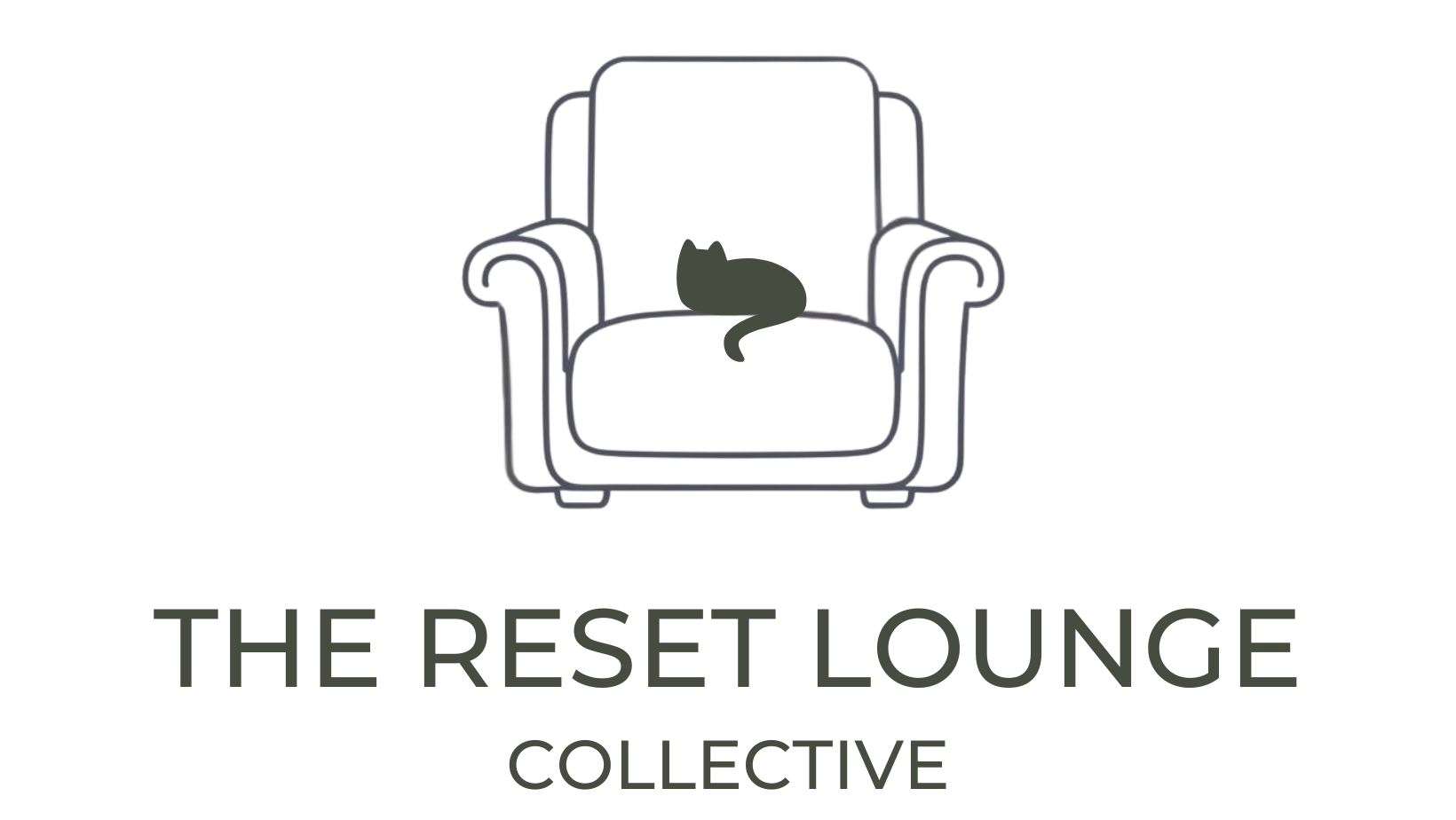Helping Parents of Neurodivergent Kids find
Calm in the Overwhelm.
Your calm creates their self-confidence
Small self-care actions create ripple effects of calm. When you learn to reset and care for yourself, you teach your child the skills they’ll need to thrive as independent, capable adults.
My ApproAch
Raising a neurodivergent child comes with a unique mix of love, fear, and responsibility, especially the quiet worry about whether they’ll grow into independent, fulfilled adults.
The truth is, your wellbeing is the foundation for theirs. When you model self-care, presence, and emotional regulation, you show your child how to navigate life’s challenges with resilience and self-trust.
At The Reset Lounge Collective, I guide parents like you to reclaim calm, release overwhelm, and create everyday habits that ripple through the whole family.
Together, we’ll build a toolkit that nurtures your mental and emotional strength. Because when you pause, reset, and breathe, your child learns to do the same.
OUR PRODUCTS & SERVICES

Downloadable Guides & Quick Tools
Practical, easy-to-use resources for you to download and access anytime. From quick Reset In 5 (5 minute resets) to more comprehensive information, such as the Post-Diagnosis Support Team guide.
These are designed to help you regain clarity, calm, and confidence in your daily life.

Community & Connection
Join a welcoming circle of parents, carers and allies, who truly understand your journey. Share experiences, gain insights, and feel supported without judgment
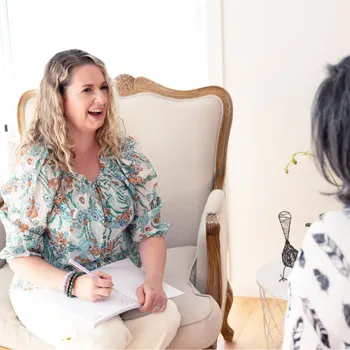
Mentoring & Mindfulness
Reconnect with yourself through gentle mentoring.
Simple meditation, mindfulness, and self-compassion practices to support calm, clarity, and stronger family connections.

Holistic Services
Focusing on self-acceptance, and self-compassion, Meditation and Mindfulness designed to restore balance and wellbeing.
Testimonials

"Compassionate & Caring"
"I recently completed a 6 week program with Lucinda, she is the most compassionate and caring person I have had the pleasure of learning from. Lucinda is so knowledgeable in Reiki and Meditation, and just about anything i had questions for. I could not thank her enough for her dedicated time she spent with me, her intuition with my needs and the support i received was amazing. I would highly recommend a session with Lucinda. Thank you, Lucinda you are amazing." - Keran

"Accessible & Welcoming"
"Lu is a lovely meditation teacher who is well trained and qualified. She creates an accessible and welcoming space without judgement or jargon. Her calming energy and warmth radiates through her sessions. I came out feeling refreshed, peaceful, with more clarity and a different perspective towards my day. I would highly recommend her to everyone who is looking for something simple and genuine." - Mitha
FAQS
Q. My child has just been diagnosed as being neurodivergent. What should I do first?
A. Take a deep breath. You are NOT alone. Start by giving yourself permission to feel any emotions, thoughts or feelings that may be arising. It can be anything from relief to grief to anger. It's normal to feel this way. Next, consider connecting with a qualified specialist (paediatrician, psychologist, occupational therapist, etc) who can guide you through the next steps. There may be considerable waitlists for some specialists, so talk to your child's GP about what you can do in the meantime to support your child. This may include support groups, art therapy or other holistic services. Remember, every family's journey is unique, and there is no "right way" to navigate this.
Q. Can children be diagnosed at any age?
A. Yes, absolutely! Being neurodivergent can be identified and diagnosed at ANY stage of life. Early intervention can help, but the foundations for support, understanding and self-compassion can begin at any stage of life, and are just as important for older children, adolescents, right through to older adults.
Q. My partner isn't onboard with our child's diagnosis. I'm struggling with this. Is it normal for partners to process this differently?
A. Ahhh, yes, this can be tough, some partners (and family members) do find it difficult. If you're looking at this question, I'm sorry that you're dealing with someone who isn't 100% aligned. I feel for you, it makes it just that little bit harder. What you can do is try and focus on creating small moments of understanding, where you may be able to communicate on one thing that will bring your partner some clarity or understanding on. They may need time and space to accept that their child is neurodivergent. Do seek support from trusted friends, family or professionals. Protecting your child's wellbeing and your own self-care is essential, even if your partner isn't fully aligned yet.
Q. How do I look after myself while caring for a neurodivergent child?
Self-care isn't selfish, it is ESSENTIAL. Small, daily "resets" like mindfulness practices or short meditations, gentle movement, or self-massage can help you recharge. Think of it as putting on your oxygen mask first, so you can fully support your child.
Q. How do I specialists who are knowledgable and supportive?
A. A good place to start is by asking trusted sources, like your GP, or if you are aware of other parents, for example at your child's school, who have neurodivergent kids, ask them who they go to or recommend. When looking online, look for professionals that use neuroaffirming approaches and use inclusive language. It's important to choose support people who will respect your child's uniqueness rather than trying to "fix" them. Your child is different, not less.
About Lucinda
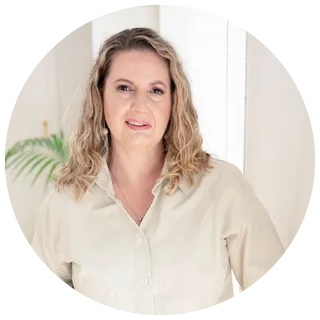
Hi, I'm Lucinda (Lu), mum to a neurodivergent child (now teenager) and founder of The Reset Lounge Collective.
For more than 21 years, I’ve supported parents through big emotions and busy lives, as a Remedial Massage & Bowen Therapist
(now retired), Reiki Master, and Meditation & Mindfulness Teacher & Mentor.
I created this space to help parents pause, reset, and breathe again, offering quick tools, simple mindfulness practices, and a welcoming community where you’re seen, heard, and understood.
I know first hand how heavy parenting a neurodivergent child can feel.
I also know that even the smallest pause and reset can spark the biggest shift for you and for the child that you love.
My hope is that The Reset Lounge Collective becomes your safe space to pause, reset and breathe, so you can build your own space of calm, clarity and gain the confidence that you and your family deserves.
You don't have to do this alone.
Contact Us
It's lovely to have you here.
Whether you have a question, want to learn more about our Guides, Morning Reset Circle, Reset In 5 Mindkits (Coming Soon!), or just need a supportive space to connect, we’d love to hear from you.
Hours
Simply send us a message using the Contact Us form.
We'll get back to you as soon as we can, and we’re here to listen.
Love & Light
Lu xx
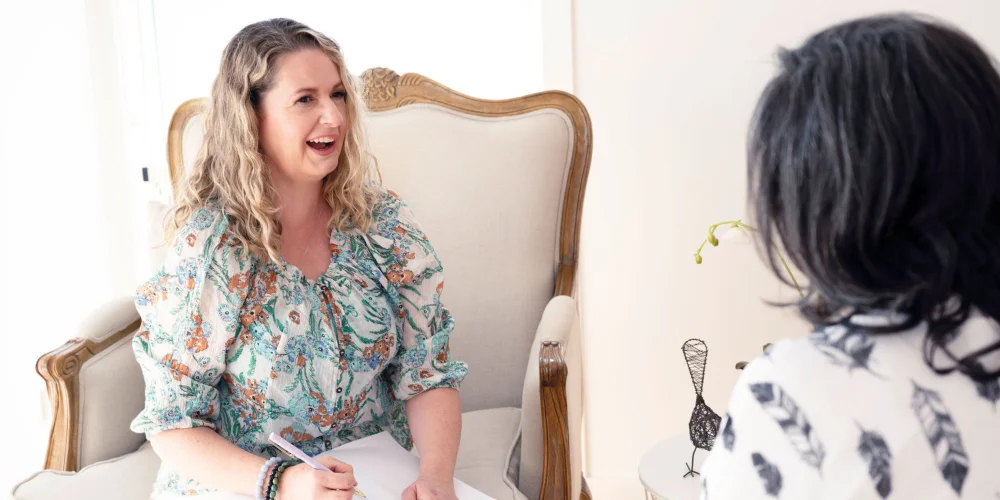
Contact Us
Your privacy matters to us, and any information you share will be treated with care and respect.
We’re excited to connect and support you on your journey.
Associations & Qualifications



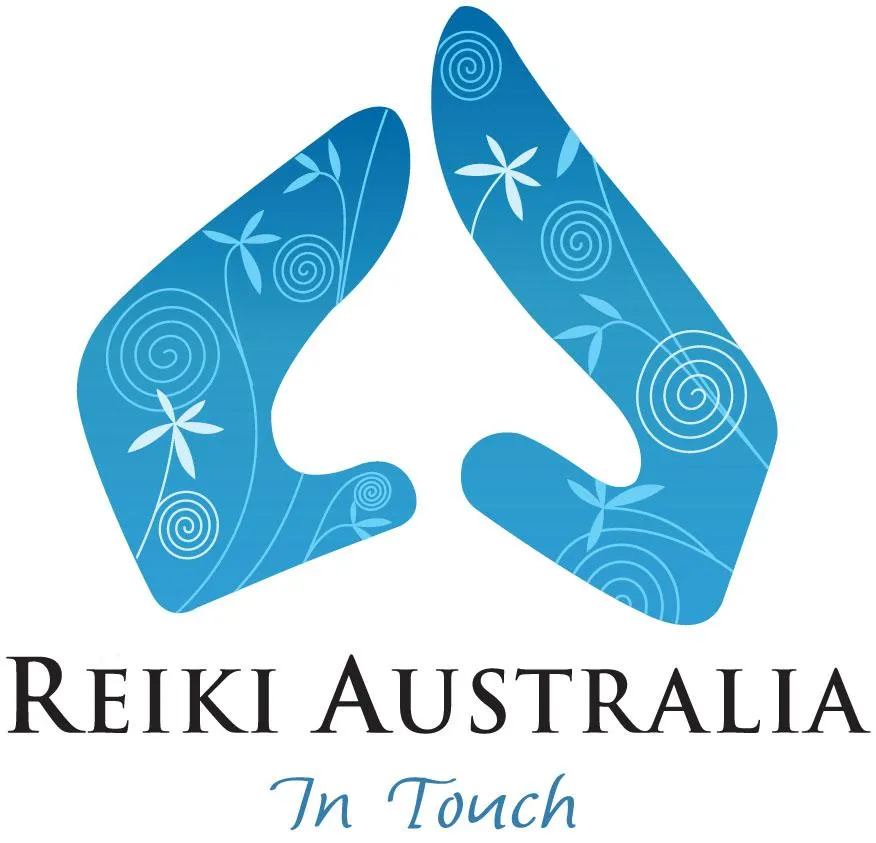

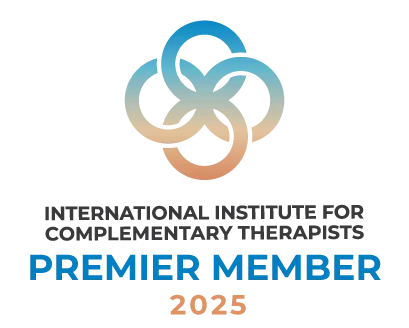
Copyright 2025 | The Reset Lounge Collective | Privacy Policy | Terms & Conditions
Follow Me on Socials
Acknowledgement of Country
We acknowledge the Traditional Owners of the land where we work and live, the Wurundjeri Woi-Wurrung people of the Kulin nation and pay our respects to Elders past and present. We celebrate the stories, culture and traditions of Aboriginal and Torres Strait Islander Elders of all communities who also work and live on this land.
